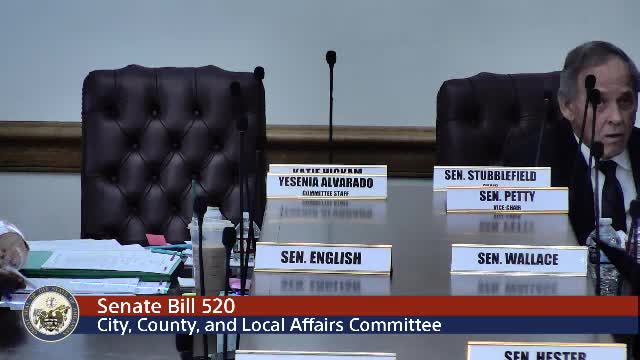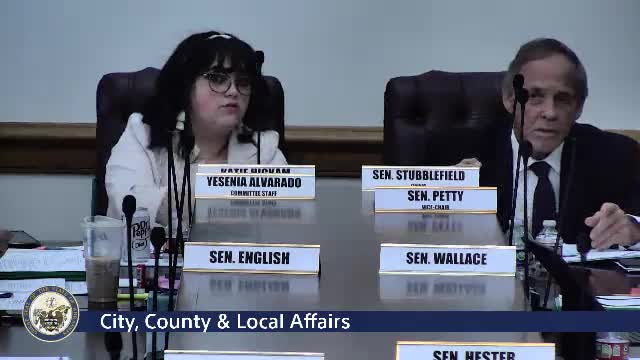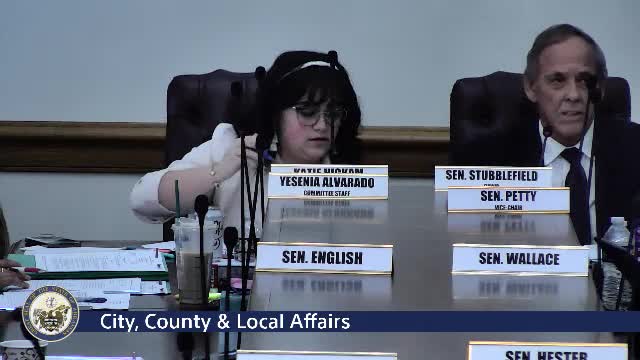Article not found
This article is no longer available. But don't worry—we've gathered other articles that discuss the same topic.

Senate committee adopts amendment, advances bill to prohibit DEI offices and policies in cities and counties

Committee roundup: bills on service attempts, city classification, passports, marriage records, wholesalers and fire‑dues advance

